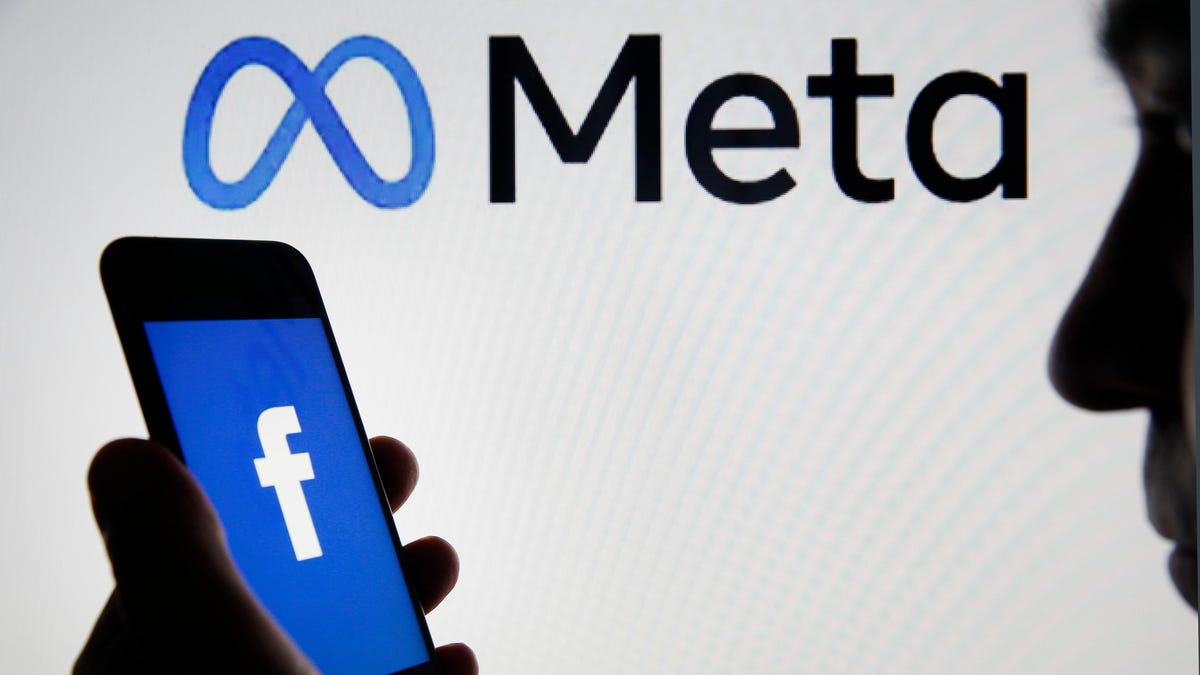
It’s hard to blame someone for running away from a burning building. The same can be applied to Silicon Valley, where the head of public relations at Meta, Facebook’s parent company, is stepping down.
As first reported by the Wall Street Journal, Vice President of Global Communications John Pinette announced the news to employees on Friday after overseeing the company’s external communications since 2019. His departure comes as the tech giant struggles to put out several PR fires, most notable among them the fallout from the “Facebook Papers,” a series of damning reports first published by the Journal last fall that included thousands of leaked internal documents.
“Today will be my last day at Meta,” Pinette wrote in the post, which was reviewed by the Journal. “I know the team will continue to thrive as you do some of the most important—and most difficult—work in Communications.”
Meta later confirmed his departure in a statement to several media outlets.
“John Pinette has left Meta. We are thankful for his positive contributions during an intense and significant time in the company’s history, and we wish him well going forward,” the company said in a Saturday email to Gizmodo.
A Meta spokesperson told Reuters that Chris Norton, vice president of international communications, will assume the role in the meantime. So far, Meta has not commented publicly about why Pinette left, citing the company’s policy of not commenting on personnel matters in a statement to Reuters.
Pinette came to the company in 2019 with more than two decades worth of experience in corporate communications in the tech industry, including previous positions as director of Google’s Asia pan-regional communications and head of communications at Microsoft.
In September, a former employee with Facebook’s now-defunct civic integrity team, Frances Haugen, shared thousands of internal employee discussions, memos, research, presentations, and other company documents to several news outlets in one of Silicon Valley’s largest leaks to date.
Commonly referred to as the Facebook Papers, the leaked documents, among other things, showed that researchers at Instagram had extensively studied the link between children’s mental health and its products and was keenly aware of how damaging the app could be, particularly to teenage girls. In response, the U.S. Senate called for Facebook to testify at a hearing about Instagram’s harmful effects on its younger users.
Amid significant political pressure, the company walked back its previously announced plans to build a version of Instagram specifically geared toward kids, though Instagram CEO Adam Mosseri later clarified to lawmakers that it hasn’t shelved the idea entirely. Other revelations from the Facebook papers, including Facebook’s insufficient policies to curb the spread of climate misinformation and internal rifts about its handling of political ads, have also drawn public scrutiny.
